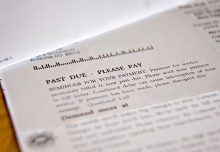Getting a call from a debt collection agency can be a nerve-wracking experience. Protect your rights by knowing what debt collectors can say or do to collect debts. Learning the basic do’s and don’ts about handling these calls will help ease anxiety and assist you in the long run. This article will explore the ins and outs of legalities coming to debt collection, what debt collectors cannot do, and much more!
Licensed throughout the United States and Puerto Rico and located in Virginia Beach, VA, Kinum, Inc. is a trusted debt collection agency that can help you get the payment you are entitled to. Contact us today for more information.
Are Debt Collectors Legal?
Whether you are struggling with a high medical bill or from outstanding car payments, being contacted by a debt collector isn’t illegal. However, what is unlawful are specific actions a debt collector takes to get a debt paid.
What is the Fair Debt Collection Practices Act?
The Federal Fair Debt Collection Practices Act makes specific tactics utilized by collection agencies illegal. Becoming effective in 1978, the law was designed to eliminate abusive, deceptive, and unfair debt collection processes. It is essential to understand that this act applies to debt collectors but typically not to original creditors.
5 Things Debt Collectors Cannot Do
Thanks to the FDCPA, this law prohibits debt collectors from doing certain things to collect an outstanding debt. A collection agency cannot lie or deceive you. Claiming to be a government agency, an attorney, or another person besides a debt collector is against the FDCPA. Actions that debt collectors cannot do include, but are not limited to:
1. Pretending to Work for a Government Agency
2. Threatening to Have You Arrested
3. Publicly Shame You
4. Trying to Collect Debt You Don’t Owe
5. Harassing You
What Can You Do If You Catch a Debt Collector Deceiving You?
If you believe a debt collector has attempted to deceive you, you have options! Kinum considers it essential to minimize these interactions between debt collectors and individuals owing debts. Possibilities include, but are not limited to:
Submitting a complaint with the Consumer Financial Protection Bureau
Contact the Federal Trade Commission, or your state’s attorney general.
You are pursuing a lawsuit against a debt collector in a state or federal court within one year from the date the FDCPA was violated. If you sue under the FDCPA and win, the debt collector may have to pay you damages and your attorney’s fees.
It is important to note that even if a debt collector violates the FDCPA, the debt does not go away if you legally owe it.
Know Your Rights When It Comes to Debt Collection
It is essential to know your rights when getting a call from a debt collector. We hope that this information helps you feel more comfortable and confident facing these phone calls and paying these debts.
Kinum utilizes a comprehensive approach to the burden of accounts receivable collection from your office staff and collects more efficiently with gentle but effective reminders. Contact us today to learn more about our services.






